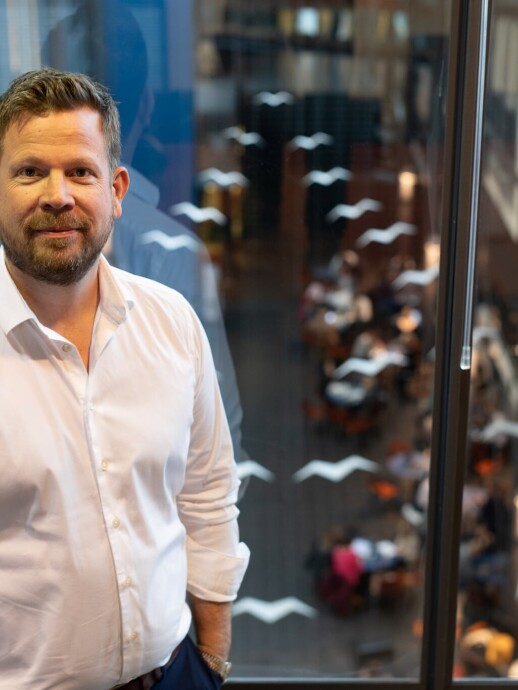Turku School of Economics (TSE) at the University of Turku has launched a two-year research project aimed at developing green transportation concepts to support the green transition. In the GreenConnect project, potential emission reduction measures in door-to-door transports, including maritime transportation, are examined, carbon dioxide emission calculation models and accuracy are improved, and business potential for green competitive advantage is investigated.
Extensive international regulatory preparation is currently underway in the transport sector, led by organizations such as the International Maritime Organization (IMO) and the European Union, aimed at reducing emissions. Concurrently, transport industry companies are preparing in various ways for emission decarbonization mechanisms and reporting practices set to be introduced in the coming years, as well as exploring new technologies and fuel solutions. For transport customers, new legislation entails the reporting of emissions generated by the transportation services they use. Emission data is becoming more transparent and important. Alongside environmental benefits, this development also presents significant business opportunities for all stakeholders in transport supply chains.
The research focus of TSE in this context is primarily on market-driven green transportation solutions that aim to reduce emissions beyond market standards and future regulation. These solutions not only contribute to accelerating the green transition but also provide companies competitive opportunities and differentiation in the market.
"Many purely technological barriers are being overcome in the transition to lower emissions. Increasing attention is now directed towards the commercial maturity and added value of solutions, as well as the feasibility of business models. Ambitious solutions emerge by balancing environmental and business constraints", says Antti Saurama, the director of the GreenConnect project at Turku School of Economics.
The prerequisite for achieving business benefits and added value is the credible measurement and reporting of emissions. Various transportation chains face numerous practical challenges in this regard, such as different calculation methods for emissions from individual transport units, emissions verification, or automated reporting.
"Emissions in the transportation chains have been calculated and allocated in various ways, even leading to manifold differences in the final results. Although efforts are being made to standardize emissions calculations through EU regulations, there are still open questions, for example from the perspective of the level of analysis. For some companies, the need for precision beyond regulatory requirements creates additional demands on calculation and allocation methods", comments Assistant Professor Tomi Solakivi.
As part of the project, TSE collaborates with nine leading companies and transport customers: Ahola Transport, CMA CGM, ESL Shipping, Finnlines, Gasum, P2X Solutions, SSAB, UPM-Kymmene, and Wärtsilä. Within the project, TSE, together with these companies, is developing concrete solutions for three transportation modes: bulk cargo transportation, truck and trailer traffic, and container traffic.
"We in Wärtsilä see that regulation alone will not be enough to secure the needed speed of decarbonisation in the marine industry. Commercial feasibility will be the key driver for the adoption of new decarbonisation technologies. Partnering up with all players in the marine logistic value chain is the only way to identify and remove the bottlenecks of decarbonised marine logistics", emphasizes Juho Nurmi, Lead Business Innovation Manager at Wärtsilä Finland.
The research project is funded by Business Finland, companies, and the University of Turku, with a total budget of 800,000 euros. The research project will be carried out from 2023 to 2025. The project is part of the Zero Emission Marine (ZEM) program coordinated by Wärtsilä.






